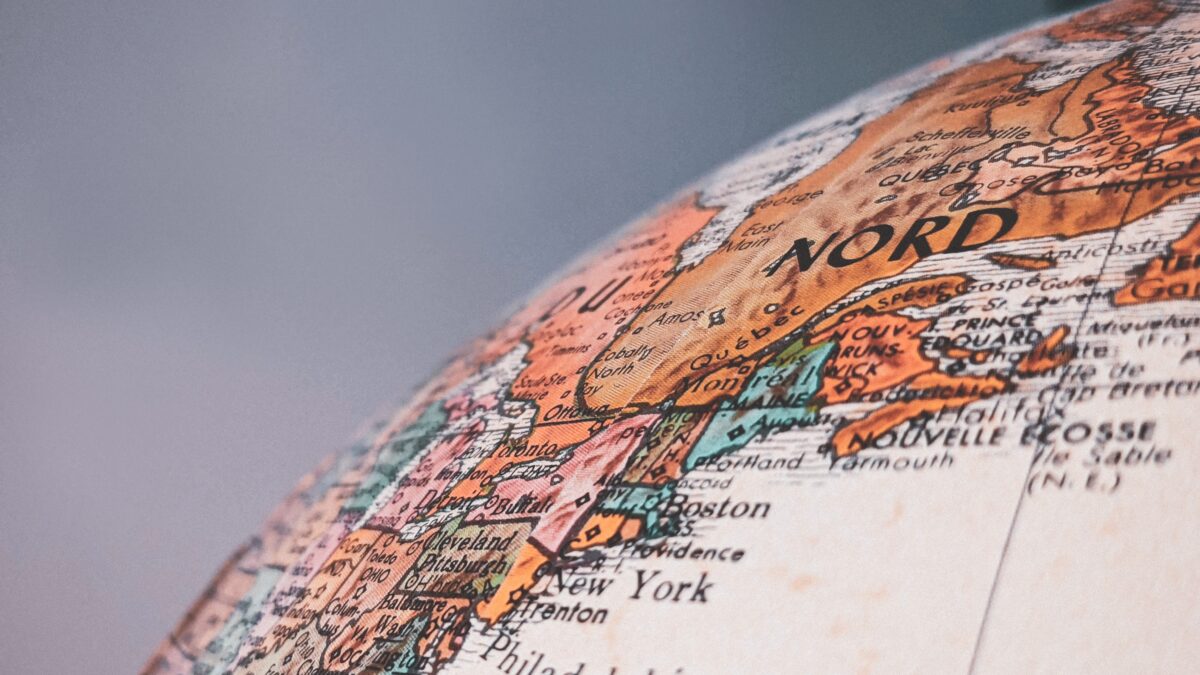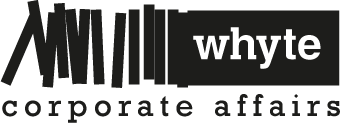International Mother Language Day

Every year, UNESCO celebrates International Mother Language Day on Feb. 21. This day is dedicated to linguistic and cultural diversity and multilingualism. We asked Isabelle, one of our colleagues, who is a juggernaut when it comes to languages, if she could give us some insights into what it means to be multilingual.
“Actually, I have two mother tongues,” Isabelle tells us. “Your mother tongue is not necessarily your mother’s language. The language you learned at birth is actually your first language. The language you master best is your dominant language. That is the language in which you think and in which you prefer to express yourself. With me, French is my first language because I grew up in French. Dutch is my dominant language because I went to school in Dutch from the age of 2. We made a clear distinction at home between the French language spoken at home and the Dutch language used at school. My mom thought it was important that we did not make a mishmash of both languages at home.
Therefore, once you have a foundation – in my case, I was instilled with a Romance and a Germanic language – learning English, German and Spanish had become a matter of course.
But being multilingual does not mean that you have an equal command of all your learned languages.
You can only judge if someone is good in language if you can tell a joke in the other language and if you can write flawlessly in that other language. So I am going to limit myself to acknowledging that I have a good knowledge of Dutch and French. In both these languages I can (hopefully still) write flawlessly, crack jokes and interact with friends from both language communities.”
Isabelle’s benefits of multilingualism in ten points :
- Being multilingual and maintaining it is an ongoing brain training. You are constantly training your brain without thinking about it. Apparently Alzheimer’s disease gets less of a grip on multilinguals 😊
- In the workplace, you address your colleagues in their own language. You switch from one language to another without having to think. Colleagues feel at ease. You are immediately one of them.
- You can deal with customers in a professional manner because you can address each customer in their native language.
- Oral communication is efficient. Transmitter and receiver understand very well what it is about and can understand/execute the question very well.
- You can produce solid texts in multiple languages without one text reeking of translation.
- Communicate quickly.
- Multilingualism opens the way to other horizons, to other cultures and backgrounds and creates new business opportunities. For example, last year I got to conduct communication training in French, Dutch, English, German and Spanish to inform managers on how to notify their teams in the event of a sensitive announcement.
- You can show empathy and easily empathize with the feelings and thoughts of someone from another culture or language community which, in communication, is invaluable.
- You are ahead of the machines. You are in a position to improve machine translations (Deepl, Google translate, chatGPT,…).
- Businesswise, a multilingual consultant can have many advantages over competitors.
